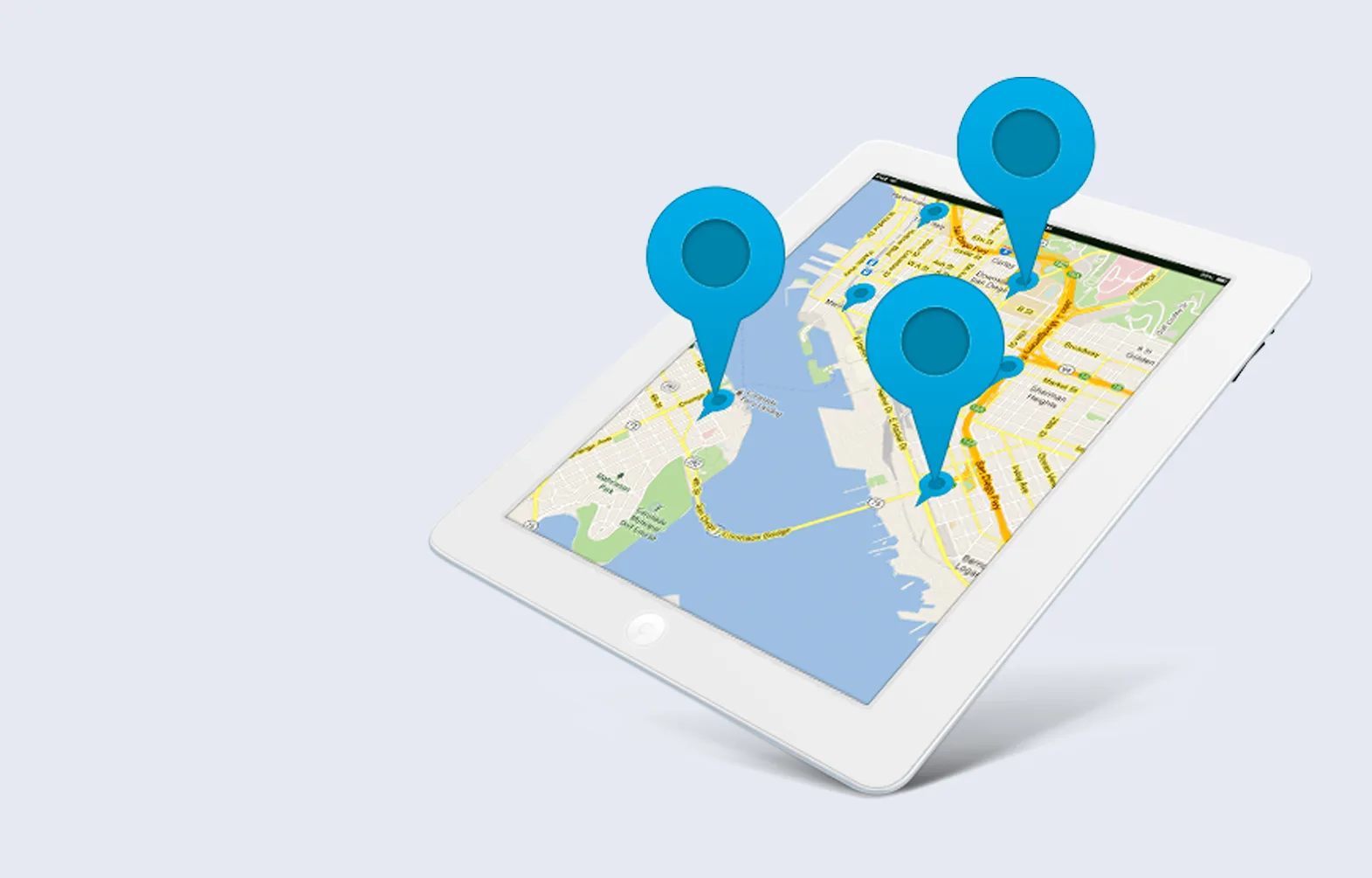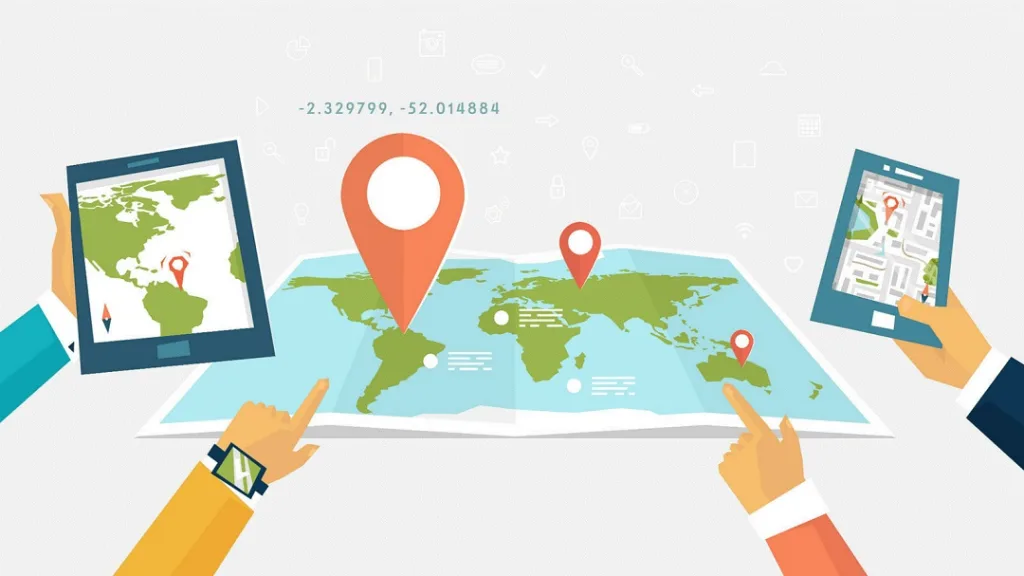
Location-Based Marketing: How Geotargeting is Changing the Game
Location-based marketing has become an indispensable strategy in the contemporary marketing landscape, offering businesses the ability to engage with consumers in a more personalized and relevant manner. By harnessing geotargeting technologies, companies can deliver tailored messages and offers that resonate with individuals based on their precise geographic locations. This method not only enhances the effectiveness of marketing campaigns but also fosters stronger connections between brands and their target audiences. As the digital ecosystem continues to evolve, mastering location-based marketing is essential for businesses striving to maintain a competitive edge and meet the dynamic demands of their market segments.
The Rise of Location-Based Marketing
In recent years, the integration of location-based marketing (LBM) into overall marketing strategies has surged, driven by advancements in mobile technology and data analytics. LBM leverages geotargeting to identify the geographical positions of potential customers and deliver customized content that aligns with their immediate environment and circumstances. This targeted approach allows businesses to maximize the relevance of their marketing messages, leading to higher engagement rates and improved conversion outcomes. Moreover, the ability to access real-time location data enables marketers to respond swiftly to changing consumer behaviors and preferences, ensuring that their campaigns remain timely and impactful.
Understanding Geotargeting
Geotargeting encompasses a range of techniques and technologies designed to ascertain the physical location of an individual using digital devices. By pinpointing a user’s location through methods such as GPS, IP addresses, and Wi-Fi triangulation, businesses can craft marketing efforts that are highly specific to various demographic and geographic segments. This precision facilitates the efficient allocation of marketing resources, ensuring that promotional activities reach audiences that are most likely to respond positively. Additionally, geotargeting enables the customization of content based on local trends, cultural nuances, and regional preferences, further enhancing the effectiveness of marketing initiatives.
Benefits of Geotargeting in Marketing
Implementing geotargeting within marketing frameworks offers a multitude of benefits that can significantly enhance a company’s outreach and customer engagement. One of the foremost advantages is the ability to deliver highly relevant and timely content to potential customers. For example, a retail establishment can dispatch promotional offers to individuals who are in close proximity, thereby encouraging immediate visits and purchases. Furthermore, geotargeting enriches the customer experience by providing information that is pertinent to their current location, such as local events, weather updates, or the nearest store locations. This level of personalization not only increases the likelihood of customer interaction but also strengthens brand loyalty by demonstrating a commitment to meeting the specific needs of the consumer.
Enhanced Customer Engagement
Geotargeting plays a pivotal role in boosting customer engagement by ensuring that marketing messages are contextually relevant to the audience’s immediate environment. Personalized advertisements that take into account a user’s location are more likely to capture attention and elicit a positive response. This heightened level of engagement often translates into increased conversion rates, as consumers are more inclined to act on offers that are directly applicable to their current situation. Additionally, geotargeting facilitates the creation of interactive and dynamic marketing campaigns that can adapt to real-time changes in consumer behavior, further enhancing the overall effectiveness of marketing efforts.

Challenges and Considerations
Despite the numerous advantages, geotargeting in marketing is not without its challenges. Privacy concerns remain at the forefront, as consumers are increasingly vigilant about how their location data is collected, stored, and utilized. The potential for misuse of sensitive information necessitates that businesses adopt transparent data collection practices and adhere strictly to relevant regulations, such as the General Data Protection Regulation (GDPR). Failure to address these privacy issues can lead to a loss of consumer trust and potential legal repercussions, undermining the very benefits that geotargeting seeks to achieve.
Balancing Personalization and Privacy
Achieving the right balance between personalization and privacy is critical for the success of geotargeted marketing campaigns. Businesses must prioritize obtaining explicit user consent for data collection and provide clear options for individuals to manage their location preferences. Implementing robust data security measures and maintaining transparency about data usage practices are essential steps in building and maintaining consumer trust. By fostering a sense of security and respect for user privacy, companies can effectively leverage geotargeting technologies without alienating their audience or compromising ethical standards.
